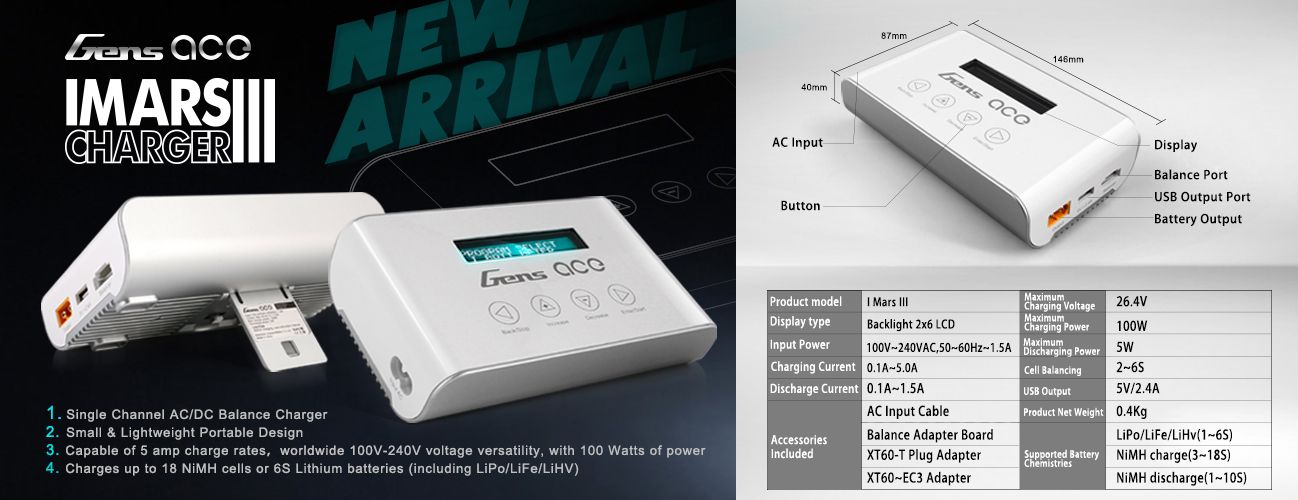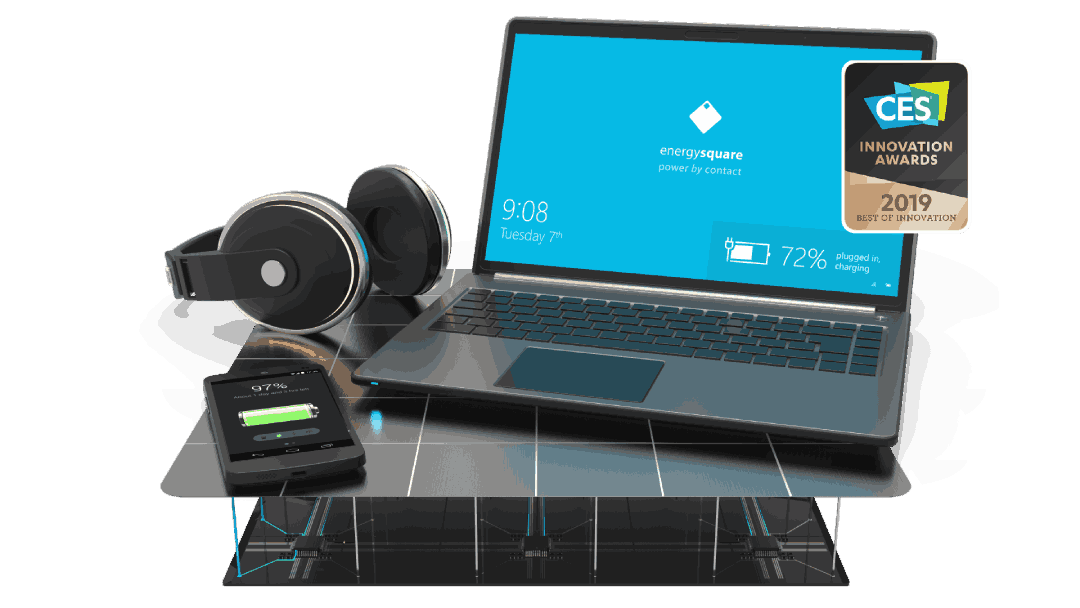Introduction
Generally, the battery balancing is a term used in drone/UAV and some RC models fields. It means that the voltage of each cell of the battery pack should be balanced. Also, the voltage difference of each cell is “voltage gap”, the voltage gap of each cell should not exceed too much. Therefore, we have to ensure that when each cell is being charged and discharged, the voltage rise and fall are within a balanced and acceptable range.
Consequences of using lithium battery without battery balancing
The batteries we usually use are single cells, like our mobile phone batteries, and when the battery pack you use is packed by multiple cells in series or in parallel, then you need to know about the battery balancing of the lithium battery.

Let’s take an example, imagine that our battery pack is like different reservoirs, the same as the water pressure of each reservoir thus the same output of each reservoir. If we cannot ensure the equal level of water pressure of each reservoir, it will lead to one pool is dry and the other pool is still full. However, their staff will not check the remaining capacity of each reservoir, then a single pool will be overcharged due to refilled water uniformly.


Taking the example of a reservoir to describe the battery may not be appropriate, but the principle is the same. We must ensure the voltage and capacity of each cell are at the same level, otherwise, the duration time and life of lithium battery will be discounted, the battery performance will also be declined.
The picture below shows that the voltage of every single cell on a 6S battery, the voltage gap is less than 0.01V, it just only 8mV.

Therefore, lithium battery balancing is one of the essential factors that determine battery quality. In the operating process, it will generate a bit voltage gap, but we could control that in an acceptable range thought battery balancing.
How to achieve the lithium battery balancing?
Battery Management System (BMS)
Generally, the battery itself cannot achieve battery balancing, so it could be achieved through Battery Management System (BMS). The battery manufacturer will integrate battery balancing function and other protection functions on this BMS board, such as charging over-voltage protection, SOC indicator, over-temperature alarm/protection, etc.
Click here if you want to know more about Battery Management System (BMS): Grepow BMS
Lithium Battery Charger with Balancing Function
It also calls “Balance Battery Charger”, the charger is integrated the balancing function, it supports the different batteries with a different number of series (e.g. 1~6S). You charge the lithium batteries through this kind of battery charger can also achieve the balancing even your batteries are lack of BMS board.

Balance board
When you use a balance battery charger, you also have to connect the charge and your battery with the balance board, to choose the specific socket from the balance board, the following picture is a sample of a balance board.

Benefits of lithium battery balancing
As I mentioned before, maintain the voltage in an acceptable range, it can extends the battery’s operation time and battery life. It can reduce the cost of you replace a brand new lithium battery, and also increase the safety of battery use, so that your battery is in a more stable state.
Learn more about batteries
Keep an eye out for Grepow’s official blog, where we regularly update industry-related articles to keep you up-to-date.
Grepow website: https://www.grepow.com/
Grepow Blog: https://www.grepow.com/blog/
References:
Wen, Sihua (September 2009). “Cell balancing buys extra run time and battery life”. Analog Applications Journal: 14
Article from: https://www.grepow.com/blog/what-is-the-lithium-battery-balancing/


